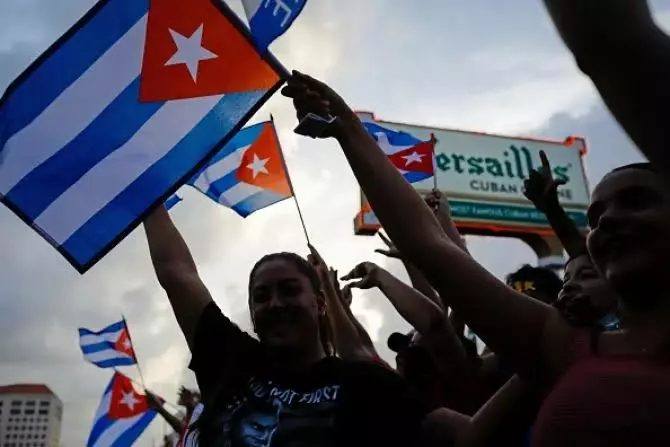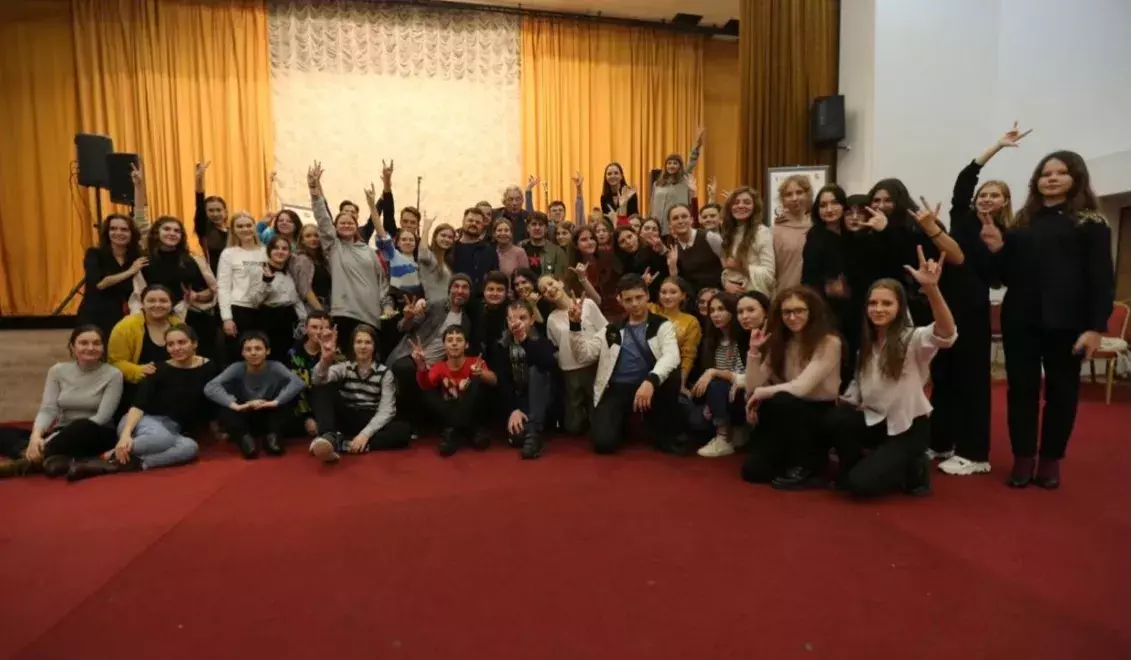In a big setback to US-led Imperialism, the United Nations General Assembly on Thursday saw 185 countries voting in favor of a non-binding resolution condemning the embargo of the USA against Cuba. Apart from the US and Israel voting against the resolution and Brazil and Ukraine abstaining; entire General Assembly unanimously condemned the barbaric embargo. It needs to be remembered here that the embargo which is now 6 decades old, has been condemned by the UN on 30 occasions.
Embargo was a direct reaction to the Cuban Revolution that saw Imperialism being not only challenged, but its nefarious designs being defeated right under its nose. The then American President John F. Kennedy imposed the embargo on February 3, 1962 through the Presidential Proclamation 3447. The Deputy Assistant Secretary of State of US Lester D. Mallory explained the barbarism of this strategy in 1960 with much more clarity : “Every possible means should be undertaken promptly to weaken the economic life of Cuba…denying money and supplies to Cuba, to decrease monetary and real wages, to bring about hunger, desperation and overthrow of the government.” In the grab of so-called defense of human rights, embargo has been used as a tool of subversion of the Cuban Revolution over the last 6 decades. However, Cuba has bravely faced all these machinations with determination.
Fidel Castro had once called the embargo ‘a tangled ball of yarn,’ and even after six decades, it has remained a key component of US foreign policy. Even though the tone and tenor of various US regimes has varied this one aspect has remained unchanged.

What are the components of this embargo?
Embargo consists of a series of legislations which have been brought from time to time to create conditions of economic blockade for Cuba.

Every single US President has modified the embargo by using his licensing authority to loosen or tighten aspects of it. However, it has remained an integral aspect of the US foreign policy as well as an important axis of the US-Israel nexus too.
The current mandate of the United Nations General Assembly is indeed historic and significant, given the isolation that Imperialism faces on this crucial question. It will certainly strengthen the solidarity movement in support of the Cuban Revolution.






